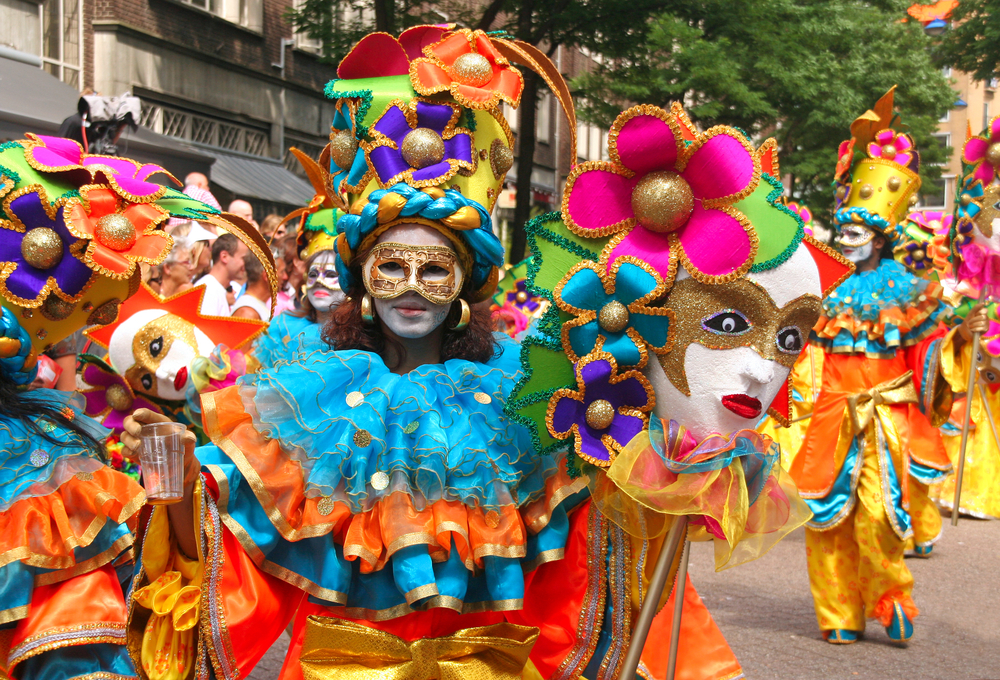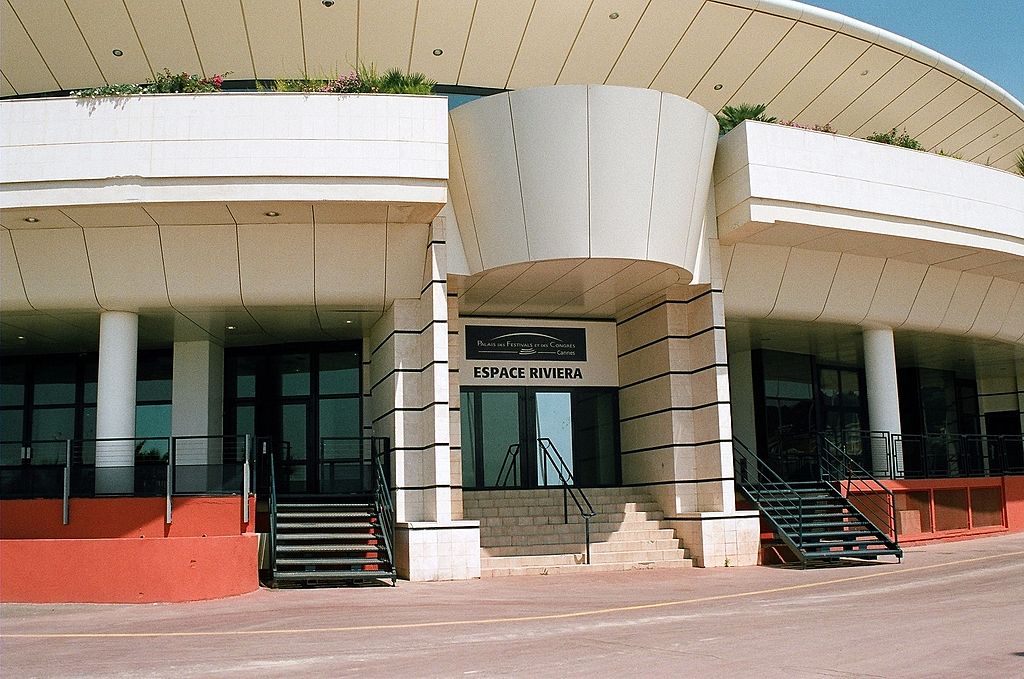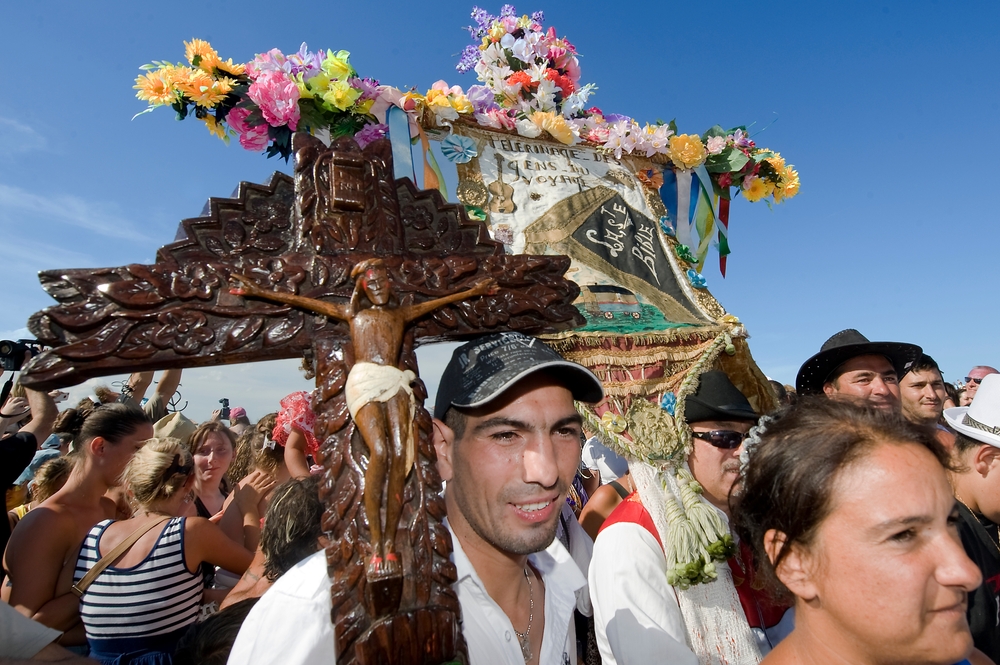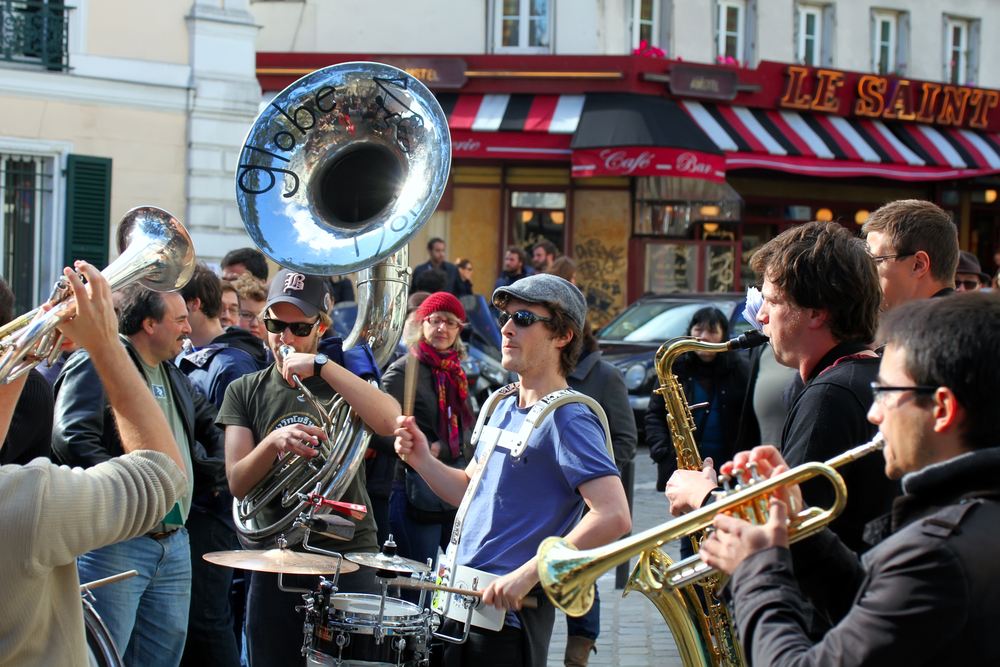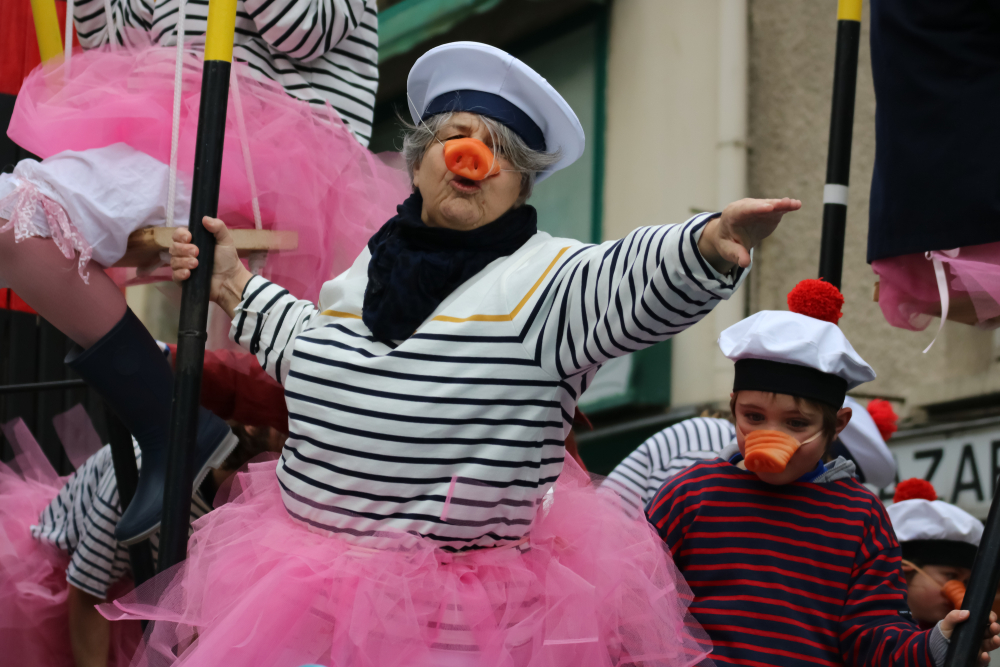Holidays and Festivals: Holiday Calendar

Calendar
| Holiday | 2024 | 2025 | 2026 | Affected |
| New Year’s Day | Jan. 1 | Jan. 1 | Jan. 1 | g, b, o, r |
| Good Friday | March 29 | April 18 | April 3 | g, b, o, some r |
| Easter Sunday (Paques) | March 31 | April 20 | April 5 | g, b, o, r |
| Easter Monday | April 1 | April 21 | April 6 | g, b, o, some r |
| Labor Day | May 1 | May 1 | May 1 | g, b, o, r |
| Victory Day | May 8 | May 8 | May 8 | g, b, o, r |
| Ascension Day | May 9 | May 29 | May 14 | g, b, o, some r |
| Whit Sunday (Pentecost) | May 19 | June 8 | May 24 | g, b, o, r |
| Whit Monday | May 20 | June 9 | May 25 | g, b, o, some r |
| Bastille Day | July 14 | July 14 | July 14 | g, b, o, r |
| Assumption Day (L’Assomption) | Aug. 15 | Aug. 15 | Aug. 15 | g, b, o, r |
| All Saints’ Day | Nov. 1 | Nov. 1 | Nov. 1 | g, b, o, r |
| Armistice Day | Nov. 11 | Nov. 11 | Nov. 11 | g, b, o, r |
| Christmas Day | Dec. 25 | Dec. 25 | Dec. 25 | g, b, o, r |
Note: Holidays that fall on weekends are often moved to the following Monday.
Key:
g = government offices and institutions
b = banks and financial institutions
o = non-retail businesses/offices
r = retail businesses
Carnival/Mardi Gras
Date(s):
Sunday, Monday, and Tuesday before Ash Wednesday, varies during February and/or March
Closures:
None
Description:
A three-day festival that takes place before the season of fasting.
Background:
Mardi Gras, or Fat Tuesday, is the last day of a three-day festival which takes place before Lent begins. Several French towns have their own versions of Carnival. These celebrations have been celebrated in France since the Middle Ages. Their roots can be traced to an ancient pagan festival called Lupercalia celebrated by the Romans around February. Christianity incorporated certain aspects of the pagan celebration into the new religion. Thus, Mardi Gras and Carnival are celebrated right before Ash Wednesday. In this fiercely secular country, few people observe the Lenten fast, but Mardi Gras and Carnival are still going strong.
How Celebrated:
People indulge in excessive partying, eating, and drinking in this period of wild abandon before the solemn season of Lent. The streets of France, especially in Nice, Paris, Menton, Cannes, and Grasse, are filled with colorful floats bearing men and women in colorful costumes gyrating to the beat of the music. Wearing masks and eating crepes are customary during the carnival celebration. Young children go to school in carnival costumes, and the older ones engage in running battles in the streets after class. They pelt their opponents with eggs and empty flour over each other.
Cannes Film Festival
Date(s):
Second week of May
Closures:
None
Description:
Considered the most prestigious international film festival worldwide, this event is famous for showcasing critically but not commercially acclaimed films.
Background:
Appalled with the intervention of the fascist government in the annual selection of films for the Monstra de Venise, Jean Zay and Philippe Erlanger organized the Cannes Film Festival in 1938. The first festival closed down after its opening night because war broke out against Germany on September 3, 1939. The festival began again in 1946. The private festival is now held annually at the Palais des Festivals et des Congrès, in the resort town of Cannes, in the south of France.
How Celebrated:
Every year, thousands of fans converge in Cannes to get a glimpse of their favorite actors. For two weeks, critically acclaimed films from around the world are screened at the famous Palais des Festivals and in select theaters. The best film wins the prestigious Palm d’Or (Golden Palm). Movie stars attend the festival and receive massive media exposure. The festival is a popular venue for movie producers to launch their new films and attempt to sell their works to the distributors who come from all over the globe.
Gitan Pilgrimage
Date(s):
May 24–25
Closures:
None
Description:
The festival, called Gitan Pilgrimage, takes place in Les Saintes Maries de la Mer and celebrates the patron saints of the Romani people (commonly known as gypsies).
Background:
Legend has it that Sarah, an Egyptian servant, arrived on a boat in the coastal area of Notre Dame de la Mer (now known as Saintes-Maries-de-la-Mer), along with Mary Salome and Mary Jacobe. Legend has it that Mary Salome was the Blessed Virgin’s sister and Mary Jacobe was the mother of the apostles James and John. In some accounts, Saint Sarah (also called Sara e Kali) was a gypsy queen who welcomed the Marys when they landed.
How Celebrated:
Thousands of Romani people and tourists gather around this area every May 24 and 25 to honor the memories of Saint Sarah, Saint Salome, and Saint Mary Jacobe. On the first day of the pilgrimage, the statue of Sarah, the patron saint of the Romani people, is taken out of the crypt where it has stayed for a year and then is placed in the church where the devotees can venerate it. The faithful kiss the image for good health while others cry out "Vives Les Saintes Maries." After the traditional Mass, the image is carried outside for the ceremonial blessing of the sea, which also reenacts the former servant’s arrival in France. After the ritual, the image is returned to the crypt. The robe of the statue is changed yearly. Saint Sarah’s feast day is August 19 in France, but the official day of her pilgrimage is May 24. The second day (May 25) is reserved for Saints Marie Jacobe and Salome. However, May 24, the day for the Feast of Saint Sarah, is regarded as more significant.
Music Day (Fete de la Musique)
Date(s):
June 21
Closures:
None
Description:
A one-day musical extravaganza including musicians from around the globe.
Background:
The first Fete de la Musique took place on June 21, 1982, through the efforts of France’s Director of Culture and Music, Maurice Fleuret. The auspicious date was chosen since June 21 then fell on the summer solstice. Fleuret wanted to promote street performances where musicians, amateur or professional alike, can play side by side. Since its inception, this festival has become a major international event.
How Celebrated:
From classical to electronica, rock to indie, the city of Paris reverberates with festive music every June 21. Musicians perform on the streets and public squares. The city takes on a carnival-like atmosphere, and the streets teem with people moving to the beat of the music.
Festival of the Pig (La Pourcailhade)
Date(s):
Second Sunday of August
Closures:
None
Description:
A one-day festival in honor of the humble swine
Background:
This festival was organized by the Brotherhood of the Pig to promote Trie-sur-Baise, one of the largest hog raising towns in France.
How Celebrated:
As the festival name suggests, all activities revolve around the humble pig. A variety of contests are held such as piglet racing, best piggy outfit and best sausage eater. The highlight of the festival is the pig imitation competition wherein pig owners mimic the squeals of their pet pigs.
Copyright © 1993—2024 World Trade Press. All rights reserved.

 France
France 